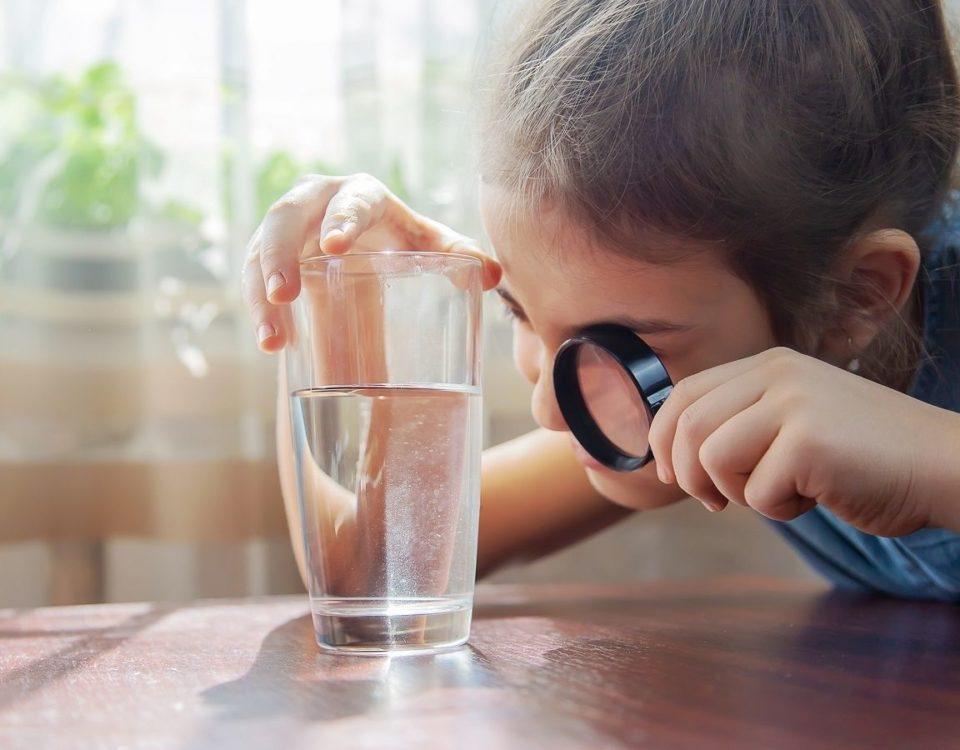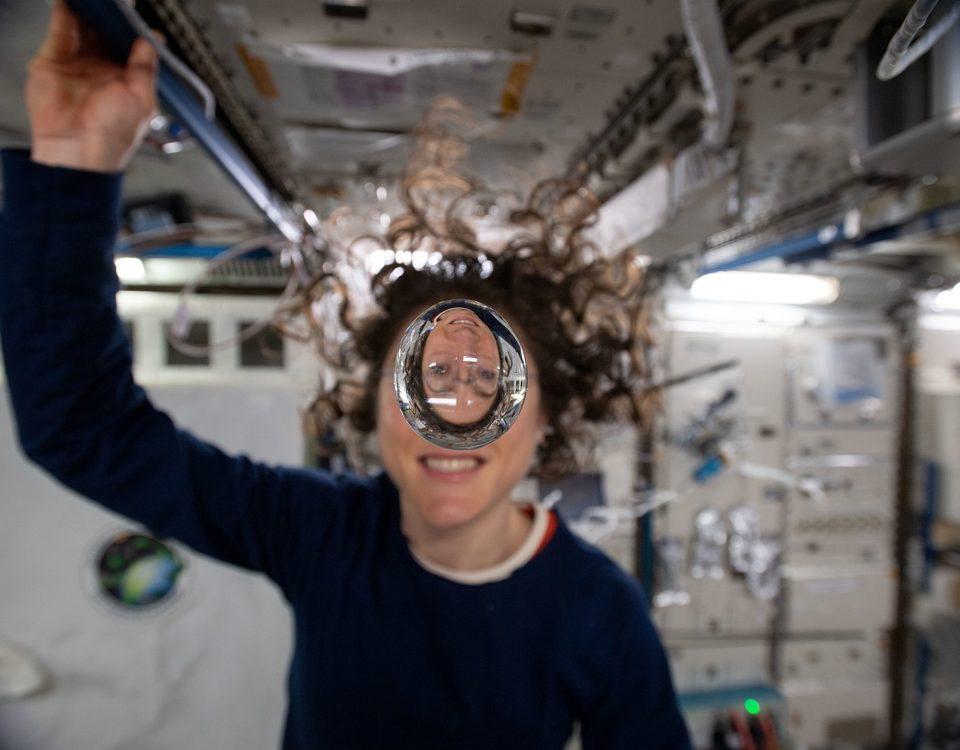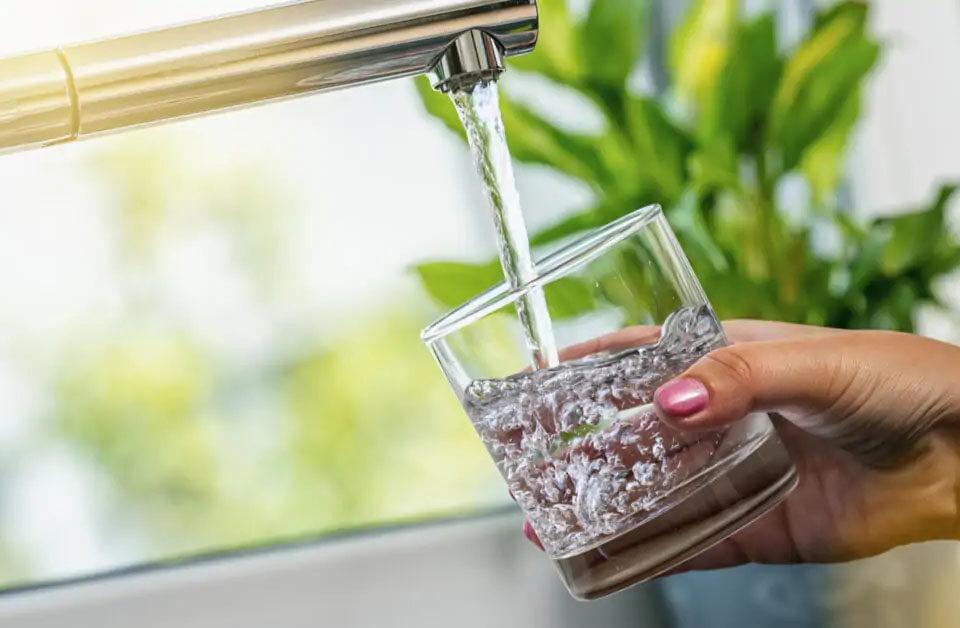Is osmosis water too pure?
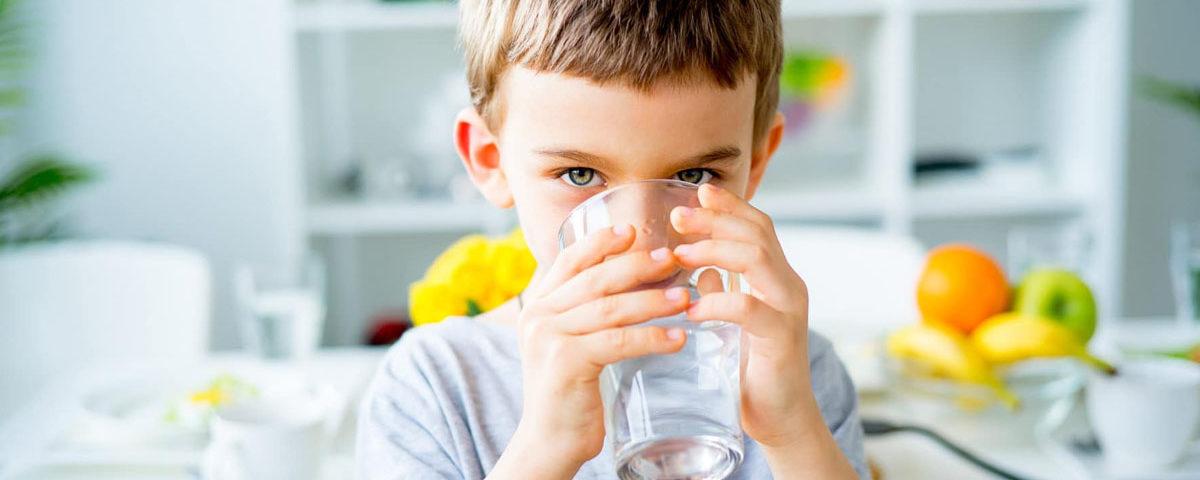
Mineralisation of water is a controversial topic. Some people claim that minerals are waste products which must be eliminated by the body. Others believe that water with too few minerals causes deficiencies. Let’s have a closer look at the origin of these opposing points of view.

The list of elements found in water is quite long: salts, metals, carbonates, bicarbonates, sulphates, nitrates etc. Some of these elements, such as sodium, calcium and magnesium, are indeed essential to the proper functioning of the body. But so far, no study has proven with certainty the link between their presence in water and deficiencies related to these elements.
n fact, the minerals in water are inorganic and cannot be absorbed by the body. However, the same minerals are available in food, since plants can assimilate these minerals.1
No scientific value at all
Some sources argue that water without minerals leads to an imbalance in the body. The body would then try to restore this by extracting the minerals from the cells, damaging them in the process. In fact, the WHO does not recommend a minimum amount of essential elements in water, as there is not enough scientific evidence of the benefits of their presence or the dangers of their absence.2
Secondly, osmosis water is not 100% pure water. It is purified of 90% of elements that unnecessarily burden the blood and kidneys. It contains only 25 mg/l of dry residues, which is about the same as the lowest mineralised bottled waters (Spa Reine, Mont Roucous, Montcalm…).3,4,5
What about babies?
Yes, low mineral water is recommended for pregnant women and babies. If low mineral content water caused deficiencies, we would not offer it to persons with the most sensitive metabolisms. What is good for them is good for us. It is safe to drink low mineral water!6
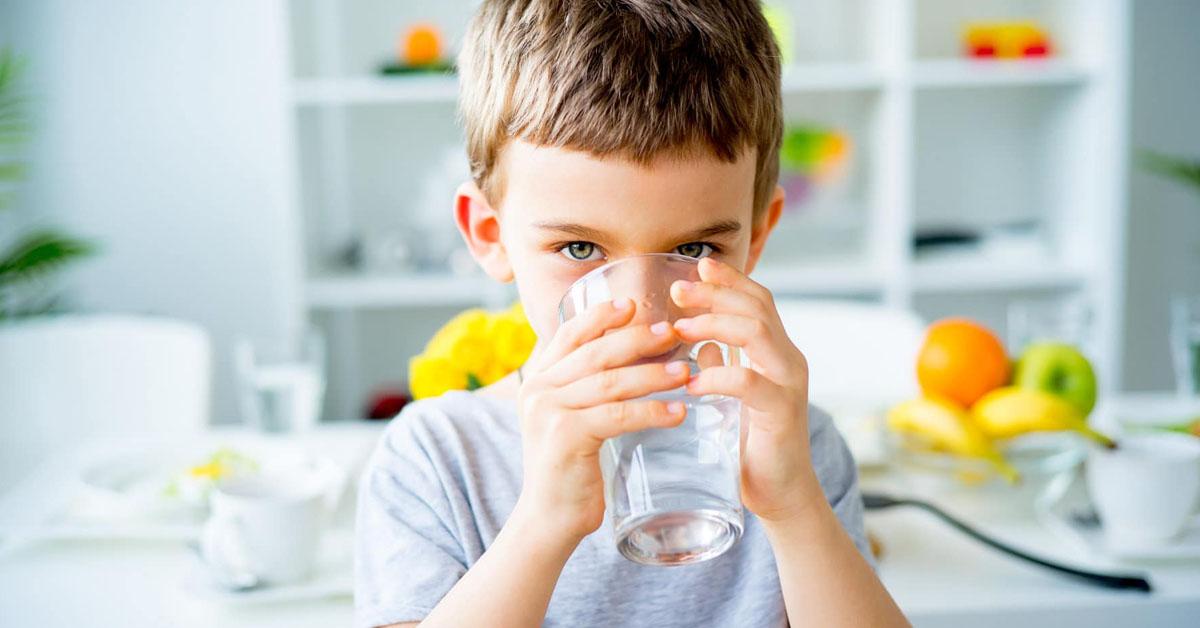
Interesting minerals
Some mineral-rich waters are said to have therapeutic properties, such as the waters of Vichy or Lourdes in France, Montecatini in Italy, or the Blue Lagoon in Grindavík, Iceland. These waters may be suitable for occasional spa treatments (under the supervision of a health professional). However, it is not advisable to drink them daily, as they put a strain on the kidneys.7
If you want to slightly re-mineralise your purified water at home, you can add bicarbonate of soda, a grain of Himalayan salt or a few drops of Quinton salt per litre of water. These are beneficial to your health, as they are salts that the body can absorb (unlike the rock in tap water, such as limescale).
In conclusion, it is important to remember that water is mainly for hydration, not for mineralisation of the body..
______________
1 https://yuka.io/quelle-eau-boire/
2WHO, 2017. Guidelines for drinking-water quality. 4th version, p. 115
3 https://www.spa.be/fr/l-eau-de-spa/une-composition-unique
4 https://www.mont-roucous.com/eau-tres-faiblement-mineralisee
5 https://www.montcalm.fr/vertus/
6 https://www.parents.fr/enfant/alimentation/eau-et-boissons-sucrees/leau-primordiale-pour-les-bebes-13222
7Kieffer D., 2000. Encyclopédie de Revitalisation Naturelle. Éditions Sully, pp. 121-123

